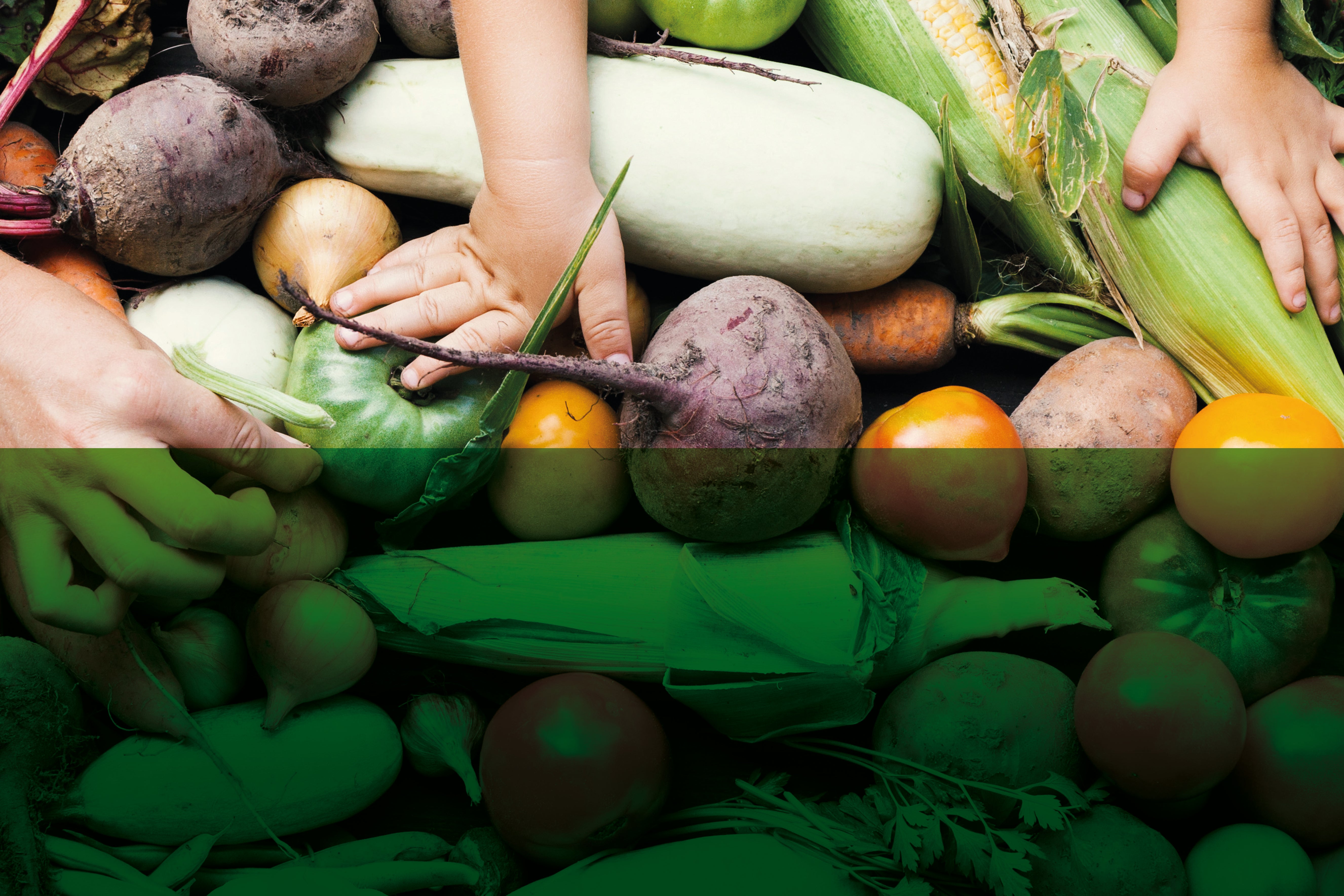
Sustainability Bites: Cost of Living Crisis - Foodservice & Hospitality podcast, in association with Nestlé Professional
Industry leaders from wholesale, foodservice, catering and industry came together last week to discuss the cost-of-living crisis and its impact on hospitality.
Innovation and sustainability thrive despite cost-of-living crisis, says industry leaders
Industry leaders from wholesale, foodservice, catering and industry came together last week to discuss the cost-of-living crisis and its impact on hospitality.
Talking at the Sustainability Bites: Cost of Living Crisis - Foodservice & Hospitality podcast, in association with Nestlé Professional, they highlighted how industry is collaborating to overcome economic pressures. Plus they agreed sustainability remains important across the industry, and that cost concerns have actually boosted innovation and creativity.
Hosted by Amy Fetzer, Footprint Head of Research & Analysis, the podcast welcomed:
- Katya Simmons, MD, Nestlé Professional UK&I
- Morag Freathy, MD, B&I Compass
- Naz Haq, Head of Corporate Procurement, Bidfood UK
- Nick Attfield, Director of Hospitality & Retail, Adnams
The cost-of-living crisis in hospitality
The cost-of-living crisis is often talked about in the context of individuals and families; however, little light is shed on its effects on the hospitality sector in general. Whether it’s the disappearance of lunch trade, restaurants rebranding to accommodate changing consumer behaviour, branch closures, rethinking supply chains in operations, or adapting to new offerings in B&I or education, the challenge is impacting the whole sector.
To delve into the ramifications of this latest challenge, and examine its impact across foodservice and hospitality, the podcast brought together leaders from across the sector to discuss how the industry has responded and agree what can be learnt from this adaptability.
The effect on consumer demand
In the workplace, Tuesdays to Thursdays are much busier, but spend levels are the same, with a higher transaction value, says Freathy. Food is motivating employees to come into the office and meet coworkers. It’s also one of their top three benefits, and there's been an increase in subsidised, and some cases free, food and drink from employers.
Tourism for Adnams has remained stable, but with lower footfall and occupancy in self-catering, restaurants have been full in the evenings, but quieter during lunch. Despite this, they're expecting crowds on occasions like Mother’s Day and Easter.
Aternative proteins and sustainable diets remain popular with consumers, and Nestlé Professional data shows it's one of the few categories forecast for double-digit growth.
How the industry is working together
Businesses across the value chain have been supporting each other where possible. Bidfood has been communicating economic impacts and providing cost management tools for clients.
How operators are mitigating higher costs
- Streamlining and substituting ingredients
Compass is consolidating core linesand switching out products, while doubling down on food waste to mitigate costs.
Bidfood is helping customers find alternative ingredients while laser focused on quality - a key value aspect for customers. They’ve also seen a rise in demand for frozen foods, presumably for reducing wastage.
- Adapting dishes and menus
“The key word is nimble” says Attfield, and at Adnams, they’re adapting menus on “almost a daily basis.”
Many Bidfood customers are moving to different proteins or species - often within the same category, says Haq.
Compass has been reducing meat in dishes, and recently introduced 50/50 burgers made with meat and mushrooms, which received praise from farmers for their depth of flavour.
Nestlé Professional is working closely with operators to make sure final meal and experience is satisfying for the consumer, with the aim of delivering a balanced diet with the health of consumers in mind.
- Reviewing portion sizes
“Some operators have increased portion size to show value for money. But there are better ways to do that – building the plate, using cheaper ingredients, which gives a good perception of value for money.” says Haq, and at Bidfood, they’ve explored the concept with Marco Pierre White, building high impact, reduced cost meals around a simple burger.
Even Adnams, which is about ‘indulgent treats’ is reducing the size of proteins like fish to remain competitive.
- Evaluating cooking techniques and equipment
Compass is helping clients improve kitchen equipment to reduce utility bills. Freathy explains, “Less is more. We need kitchens that are much smaller, so you need multi-use equipment. Chefs love them: they work much better. We design our menus around the kit.”
Adnams is questioning cooking methods too: “do we need to have stock bubbling on the hob, should we be braising something, or can we flash fry it instead?”
Hospitality professionals are rising to the occasion
Although livelihoods have been affected by the rising cost-of-living, the evolving workplace has also revitalised the industry.
Says Freathy, “We haven’t made huge changes to our labour structure. We’ve redeployed. We’re doing job share and cross training, so people are getting multiple skills and getting enough work. […] As a result, they’re becoming more adventurous.”
At Compass, chefs say it’s an exciting time to be in food production. Adnett agreed, saying “Even my ‘old guard’ chefs are excited because there’s a new arm, a new element to what they can achieve in their careers.”
And Adnams has updated its kitchens to accommodate this innovation: “they’re more democratic, we’ve switched out the hierarchy, because we need people to move around and engage with every process. That means everyone can get involved in menu development.”
Sustainability remains important for food operators
When asked whether sustainability has taken a back seat, podcast members agreed it continues to play an important role.
“Operators can move to a different species with the same animal welfare levels, whether it’s MSC or Red Tractor accredited, says Haq.
Freathy explains, “We’ve reduced food waste by 40% since 2019. This is how we’ve been able to mitigate rising ingredient costs.”
Sustainability tips, from our experts
To conclude, Fetzer asked each podcast attendee to offer their suggestions on how sustainability can help hospitality overcome the the challenges ahead. From innovation to business priorities, incremental change to being bold: the message from industry remains loud and clear. Sustainability is a long-term strategy, and it’s a win-win: for operators, consumers and the planet.
“Keep sustainability at the heart of your culture. Daily changes, tweaks: how can we do this better? It will all sum up to a positive impact, translating into a bottom-line profit.” Nick Attfield
“Unapologetically go for it” Katya Simmons
"Food waste contributes to 10% of the world emissions – aviation is just 12%. It’s the best place to start reducing costs and addressing emissions.” Morag Freathy
“Be adventurous, be innovative” Naz Haq

